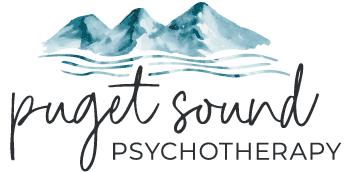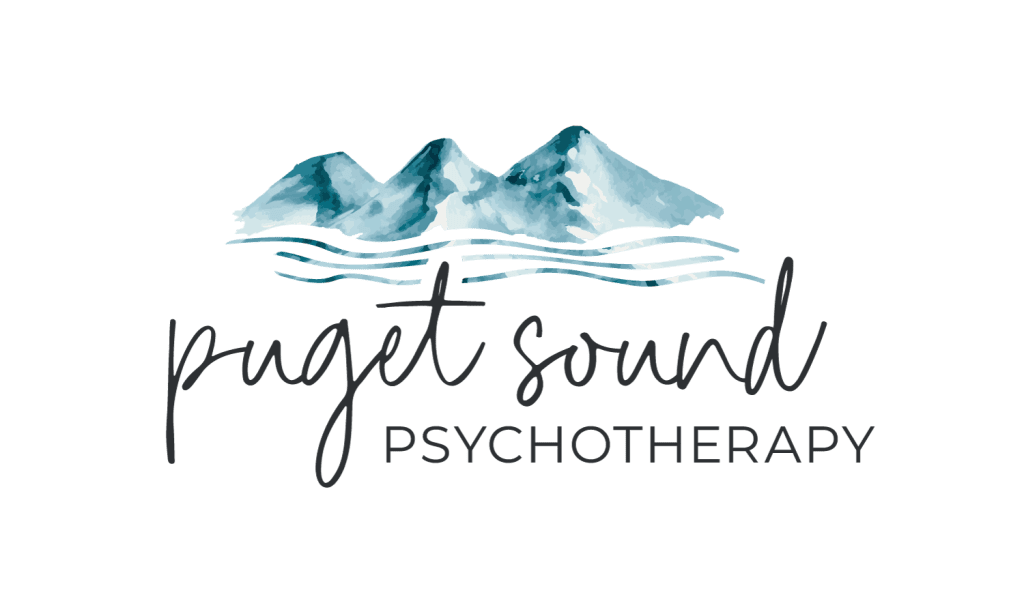Adult Individual Counseling
In adult individual counseling, you can expect that we will match you with a counselor that we believe has the right skills and temperament to fit your needs. However, ultimately the choice of therapist is up to you and sometimes is a matter of feeling a safe connection to that person as much as it is matching to the therapist’s skills. We encourage you to be transparent with your counselor as you assess if that relationship feels like the right alignment in personality and style for you.
The first session will typically involve the therapist gathering information about your medical history, reasons for seeking counseling, and overall physical, emotional, and mental health.1 The therapist will explain confidentiality policies and logistics like session length and frequency.5 You may not be entirely sure about whether or not the therapist is a good fit for a few sessions, but by talking openly about what your expectations are and giving feedback each session, you are more likely to either find a connection or better know what you need differently if you ask us to help find a different clinician to meet your needs.
As you and the therapist establish a connection, the therapist will work with you one-on-one to address the specific issues or mental health conditions you are dealing with.12 Common goals are to develop healthy coping mechanisms, change unhelpful thoughts/behaviors, reduce symptoms like anxiety or depression, improve self-esteem and relationships, and increase overall well-being. You'll be encouraged to talk openly about your experiences, emotions, and concerns, though this can be difficult initially.13 The therapist will help build your trust over time.
Therapy sessions typically last around 55 minutes and should focus on the topics you prioritize. The therapist may assign "homework" like journaling or practicing new skills between sessions.3 While therapy can bring up intense emotions at times, the overall process aims to equip you with strategies to better manage symptoms and improve your quality of life.
Some people find relief in as little as 6-8 sessions by better understanding their needs and gaining new perspectives and strategies. Healing from experiences like trauma or long-term conditions like chronic depression can take longer. You and your therapist can collaborate to monitor progress and ensure that the interventions being used are helping you have more awareness of your patterns and more choices for how to navigate your day to day life differently.

